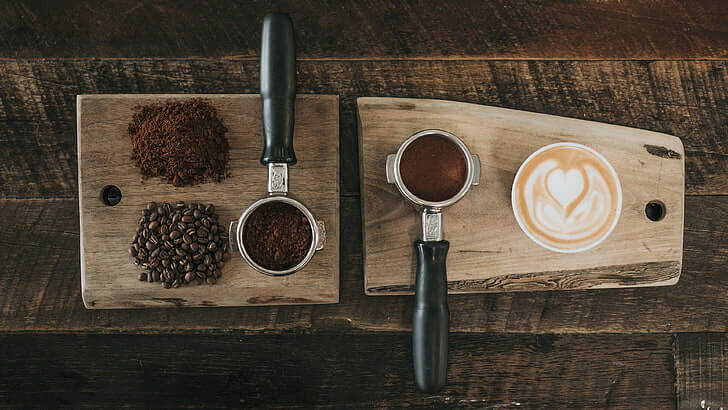The Science of Coffee Brewing: Explore the Techniques Behind a Great Cup
There is nothing quite like the aroma of freshly brewed coffee. For many of us, it’s a daily ritual that kickstarts our day and keeps us going. But have you ever stopped to think about the science behind the perfect cup of coffee?
From the beans to the brewing process, there is a whole lot of science involved in making that perfect cup of coffee. In this article, we will explore the techniques behind a great cup and delve into the fascinating science behind coffee brewing. Let’s dive in!
The Importance of Coffee beans
It all starts with the coffee beans. The type of beans, their origin, and how they are roasted all play a crucial role in the flavor of the coffee. Different coffee beans have different flavor profiles, and the way they are roasted can bring out different nuances in the flavor.
For example, lightly roasted beans tend to have a more acidic and floral flavor, while dark roasted beans have a bold, smoky flavor. The roasting process also affects the caffeine content of the beans, as well as their acidity and bitterness. The science of coffee beans is a complex and fascinating one, and it all comes down to the chemical compounds present in the beans.
The Brewing Process
Once you have the perfect beans, it’s time to move on to the brewing process. There are several different brewing methods, each of which has its own unique impact on the flavor and aroma of the coffee. From pour-over to French press to espresso, each method extracts the flavors from the coffee beans in a slightly different way.
One of the key factors in the brewing process is the water temperature. Water that is too hot can burn the coffee grounds, resulting in a bitter taste, while water that is too cold may not extract enough flavor from the beans. The ideal water temperature for brewing coffee is around 195-205°F (90-96°C), as this is the range at which the flavors are extracted without the coffee becoming bitter.
The Science Behind Extraction
When hot water comes into contact with coffee grounds, a process called extraction occurs. During extraction, the water dissolves and extracts the soluble compounds in the coffee beans, such as sugars, acids, and oils. The key to a great cup of coffee is achieving the perfect balance of these compounds.
Under-extraction occurs when not enough of the coffee’s flavors have been extracted, resulting in a weak and sour taste. Over-extraction, on the other hand, happens when too much of the coffee’s flavors have been extracted, leading to a bitter and unpleasant taste. The goal is to achieve a balanced extraction that brings out the best flavors in the coffee beans.
FAQs
What is the best brewing method for a rich, full-bodied coffee?
The best brewing method for a rich, full-bodied coffee is the French press. This method allows for a longer contact time between the coffee grounds and the water, resulting in a robust and flavorful cup of coffee.
How does the grind size of the coffee beans affect the flavor of the coffee?
The grind size of the coffee beans affects the surface area of the beans that comes into contact with the water during the brewing process. Finely ground coffee beans result in a stronger and more intense flavor, while coarsely ground beans produce a milder flavor.
What is the ideal water-to-coffee ratio for brewing coffee?
The ideal water-to-coffee ratio for brewing coffee is generally around 1:16. This means for every gram of coffee, you would use 16 grams of water. However, this ratio can be adjusted based on personal preference and the brewing method being used.
How does the quality of the water affect the taste of the coffee?
The quality of the water used for brewing coffee can have a significant impact on the taste of the final cup. Water that is too hard or too soft can alter the flavor of the coffee, so using filtered or bottled water is often recommended for the best results.
Is it important to pre-wet the coffee grounds before brewing?
Pre-wetting the coffee grounds, also known as blooming, allows for the release of carbon dioxide trapped in the fresh coffee grounds. This helps to ensure a more even extraction and can lead to a better-tasting cup of coffee.
In Conclusion
The science of coffee brewing is a fascinating and complex one, with many factors coming into play to achieve the perfect cup. From the type of beans to the brewing method to the water temperature, each element plays a crucial role in determining the flavor and aroma of the final product. Next time you enjoy a cup of coffee, take a moment to appreciate the science behind it, and savor every sip of that perfect brew.
“All images and products featured on this Blog.troca.cafe are the property of their respective owners. All rights to these materials are acknowledged and reserved.”
